Florida is a state designated in the Southeastern region of the United States. But how safe is Florida for travel? Florida is surrounded to the west by the Gulf of Mexico, the northwest by Alabama, the north by Georgia, and the east by the Bahamas. And the Atlantic Ocean, and to the south by the Straits of Florida and Cuba; it is the solitary state that borders both the Gulf of Mexico and the Atlantic Ocean. Visitors are captivated by the state because of its comfortable winter climate and beach bodies.
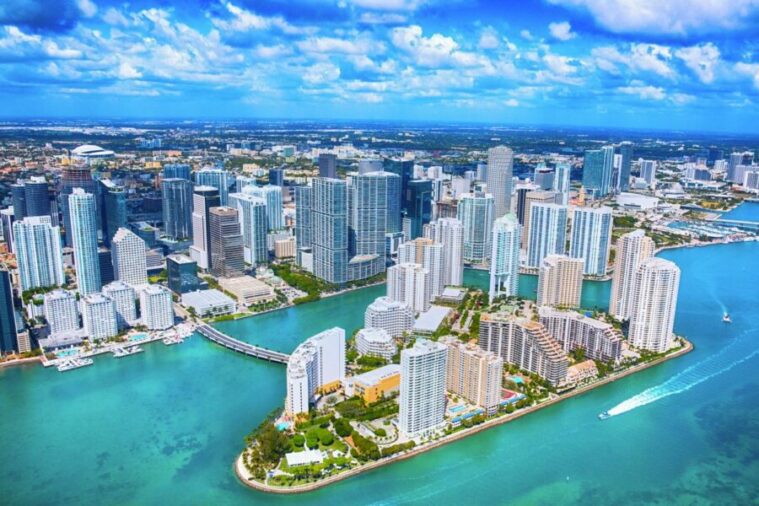
Miami is known for its Latin American arts, renowned arts scene, and nightlife, mainly in the South Beach region. Orlando is well known for its amusement center, like Walt Disney World. Travelers from across the world bring their families to Disney for a chance to meet Mickey Mouse. Spanning 65,758 square miles (170,310 km2).
How Safe Is Florida for Travel?
Warnings & Dangers in Florida
OVERALL RISK: MEDIUM
Florida cities are not attentive in the United States, with some being safer than others. There are excellent areas and crime-ridden deprived areas in all main Florida cities. The smaller towns are ordinarily safe to visit as well. The latest Annual Uniform Crime Report represents that Florida’s total crime rates have decreased by 14.1% from 2020-2021. Overall, Florida has generally been reviewed as a safe place to travel.
TRANSPORT & TAXIS RISK: MEDIUM
Public transportation has a minimum risk, especially during rush hour when the vehicles are packed. The main risk is associated with pickpockets, not violent crimes. If this makes you uncomfortable, taking water or a regular taxi is best.
PICKPOCKETS RISK: MEDIUM
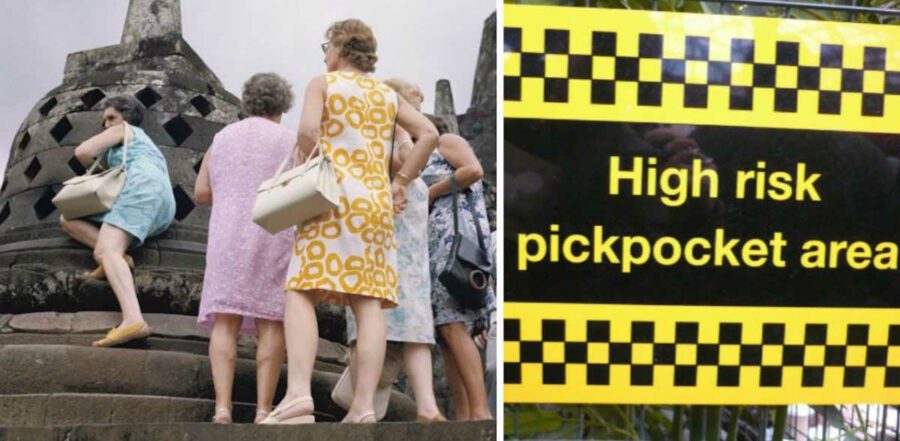
Pickpockets look for people who are either inattentive or can be easily diverted. People on phones, with children, in groups, or others who aren’t paying enough attention to the people around them often become victims. Tourists are prime targets of street thieves. If you don’t want to be one of the victims, you should leave precious items in your hotel room. Lock your bag, gadgets, and other costly articles when you’re out and about. Stay observant in crowds and steer clear of commotions.
NATURAL DISASTERS RISK: MEDIUM
Where you are in the state dictates exposure to natural disasters. The Sunshine State is home to various natural disasters: hurricanes, tropical storms, tropical depressions, tornadoes, wildfires, and floods regularly affect Florida’s residents and visitors. Visitors to Florida must first learn about the weather conditions and know what to do during a natural disaster.
MUGGING RISK: MEDIUM
With crime being worse in some cities, armed robberies of tourists occur. The most common place for these robberies is in empty parking lots at night or in disadvantaged sections of cities. Therefore, don’t walk alone late at night and never show off pricey items in public. If attacked, do what the offender says and straight away contact the police.
TERRORISM RISK: HIGH

Sadly, the United States always matters to terrorist attacks, so large busy cities like those in Florida are printed out. Attempt to avoid affirmation and gatherings and take heed of all government warnings. Also, it will behoove you to learn about the political environment of different Florida cities before arriving.
SCAMS RISK: MEDIUM
The FTC report found 1,002 incidents of fraud for every 100,000 people in Florida — the highest rate of any state. Those victims of such a scam may contact the Attorney General’s Office of Citizen Services by calling the Attorney General’s Fraud Hotline at 1-866-966-7226 or by filling out an online application complaint form.
WOMEN TRAVELER’S RISK: LOW
Florida is the perfect getaway for those looking to travel solo. Florida is a relaxing getaway with vibrant cities full of diverse landscapes and pristine beaches begging to be explored. Bask in the sunshine, explore a national park or eat local delicacies. Women traveling alone to Florida can be safe if they don’t walk around cities alone at night and don’t get drunk in bars.
TAP WATER RISK: LOW
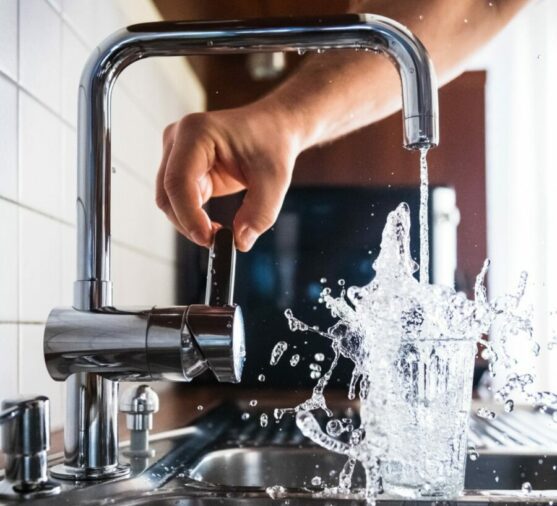
Florida’s most widespread contaminants are bacteria, nitrates, and lead. Different hazardous chemicals have also been found in isolated areas. Contaminated drinking water can cause several diseases and is sometimes fatal to vulnerable people. Always be aware of the water advisories to ensure you are safe, but water issues are uncommon.
Also Read: How safe is Georgia for travel?
Safest Places to Travel in Florida
Here are some safe places to travel in Florida:
- Punta Rassa
- Highland Beach
- Hillsboro Beach
- Daytona Beach
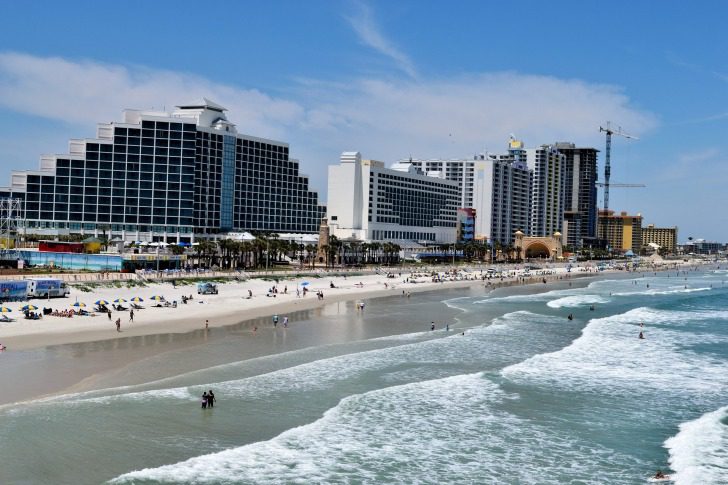
- Sewall’s Point
- South Palm Beach
- Jupiter Inlet Colony
- Lawtey
What to Avoid in Florida
This list will show you a few things you should try to avoid Hurricanes-it are storming with violent wind, mainly tropical cyclones in the Caribbean.
The Gators-the state of Florida presently has over 20 million people and over one million alligators.
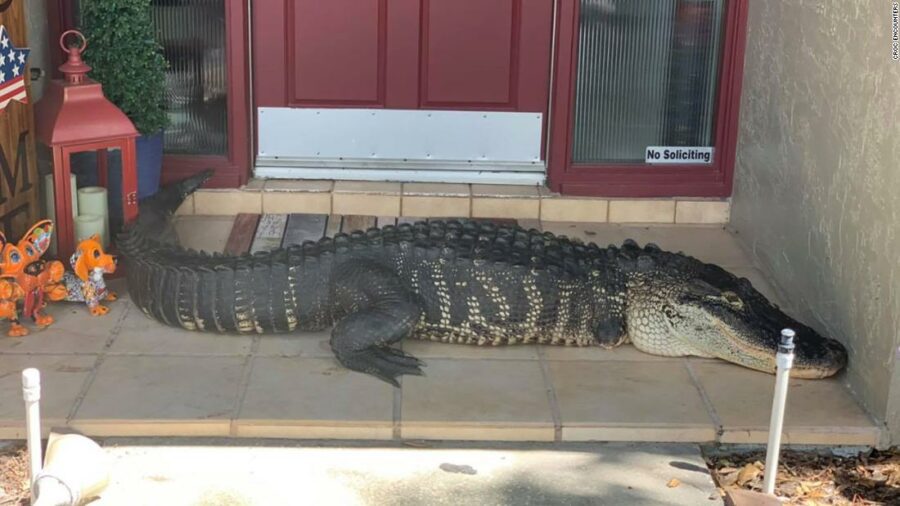
Sinkholes-Sinkholes in Florida can range in size from small to large. Some are large enough to swallow homes, roads, swimming pools, and buildings.
Sharks-Avoid being in the water during low light hours (dawn or dusk) and at night when many sharks are most active and feeding.
Mosquitoes-Mosquitoes is one of the most troublesome insects in Florida because they carry serious diseases.
Palmetto Bugs-Just like cockroaches, palmetto bugs can pose health risks. They can spread harmful pathogens, including salmonella, which can contaminate food.
Parking in direct sunlight-When parked under direct sun, the air temperature inside the car rises a lot and can damage leather and dashboard, etc.
Things to watch out for while traveling in Florida
1. Drive Safely in Heavy Traffic
2. Natural Disaster Safety
3. Animal Safety
4. Insect and Spider Safety
5. Beach and Swimming Safety
6. Heat Safety and Dehydration
7. Sun Safety
8. Water Sports and Boating Accidents
9. City Safety
10. Child Safety
So How Safe Is Florida for travel?
How safe is Florida for travel? Despite stable violent crime rates, Floridians continue to report increasing levels of concern. After two years of hovering just above the national violent crime rate, this year, Florida came in under the national rate with 3.8 incidents per 1,000, compared to 4.0 across the U.S. Florida is a relatively safe state, mainly in the backcountry.
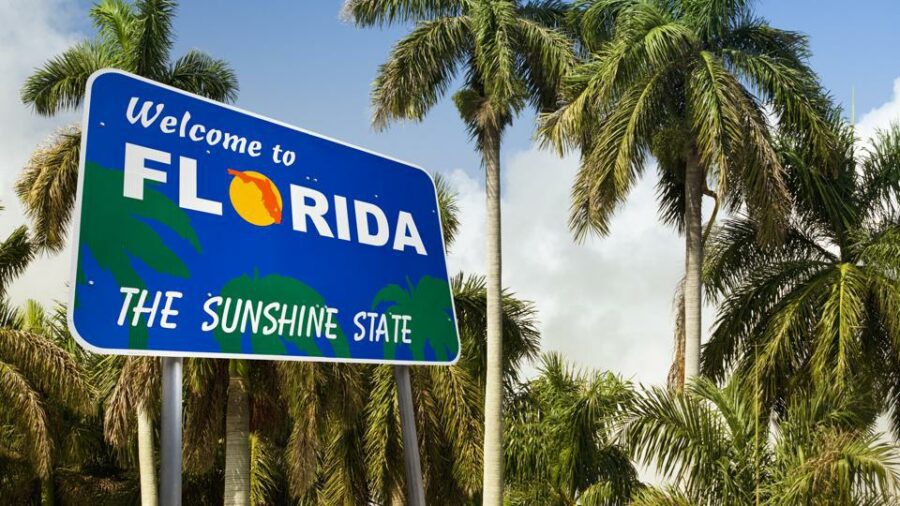
However, there are good and bad areas in all major cities. Most crime is interlined to robberies, theft, and some violent, drug-related offenses. One crucial issue in large cities is drug trafficking, mainly in Miami due to its site in the Caribbean Sea. Drugs come to Miami on boats in the mid of the night, and while this doesn’t impact tourists, the related crime could.
Useful Information
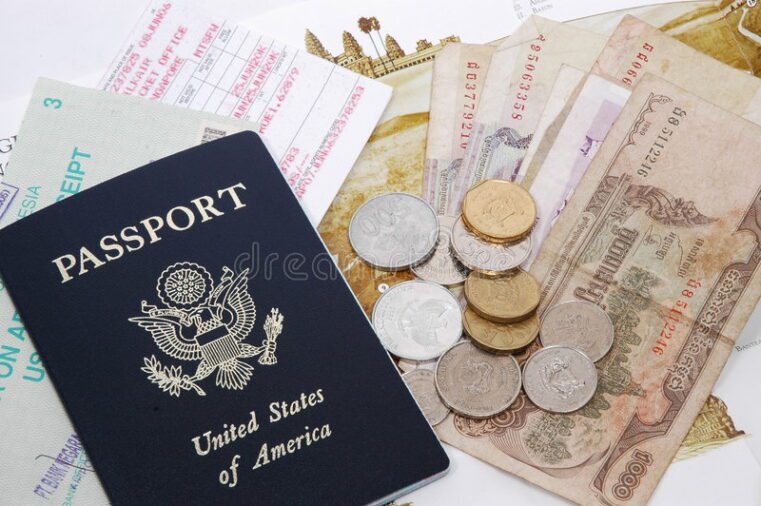
Visas
The United States visa policy for foreign nationals who wish to enter the U.S. varies based on the country. For those that require a permit, visitors must acquire the documentation through the government. All travelers must have a convincing passport to enter, regardless of the origin country. U.S. locals don’t need a visa or passport to travel to Florida, just valid identification.
Currency
The official currency in all states is the United States dollar.
Weather
The best time to visit Florida for the best season is between December and April when the climate is milder with hot days and restful nights. While average temperatures differ across the state, the weather is sweltering in the summer with high temperatures. Florida is right in the mid of the hurricane zone and is therefore subject to a severe climate.
Airports
All main cities – Jacksonville, Orlando, Tampa, Miami, and Fort Lauderdale – have at least one international airport. Additionally, smaller regional airports are dispersed across the state to access more rural areas.
Travel Insurance
Is Florida safe for travel without travel insurance?
It is always recommended to have travel insurance, mainly during these uncertain times of delays, revocations, and other travel issues, even if you are coming from another state. For foreign visitors, travel insurance is essential when entering the United States.
Also Read:
https://reliefwatch.com/how-safe-is-the-united-states-for-travel/





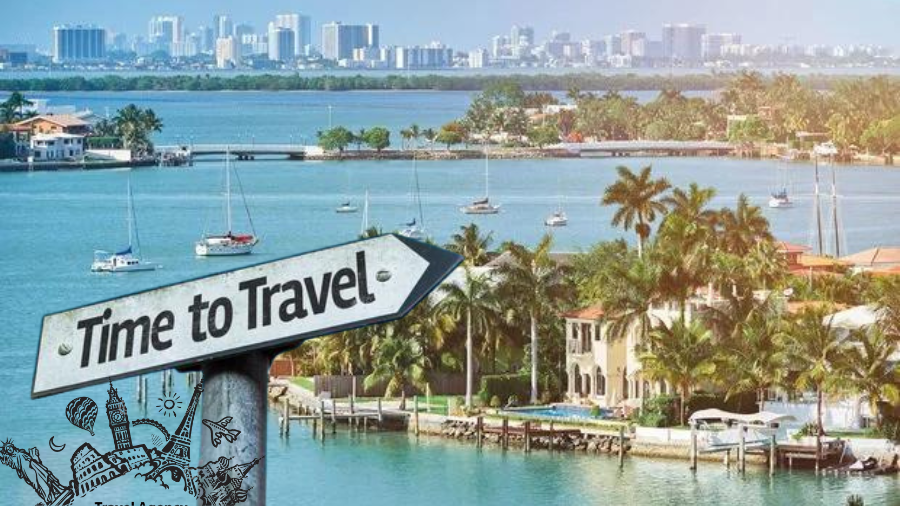

Add Comment